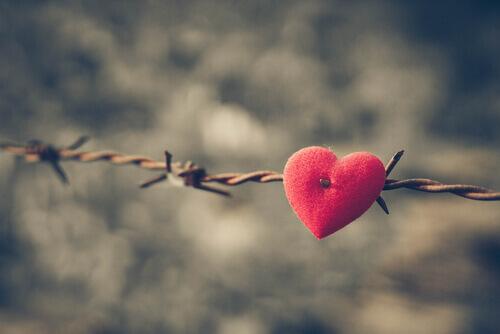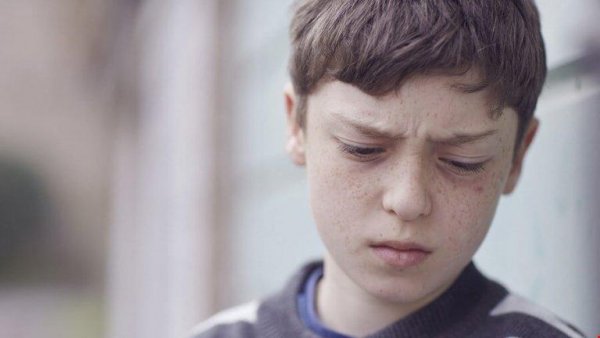Three Things You Should Not Break: Trust, Promises and Hearts


Written and verified by the psychologist Gema Sánchez Cuevas
There are three things you should not break: trust, promises, and hearts. If you think about it, there are few things in life that are so valuable. They are key to growth. They make us feel like we are part of something, part of other people. If they crumble, we are left with nothing to stand on.
Social psychologists and sociologists often say that today, many people relate to others with a “risk mitigation model”. That is, some people avoid going too deep into their personal and emotional relationships in order not to get hurt, disappointed, or frustrated — or get their heart broken.
“It is impossible to go through life without trust: that is to be imprisoned in the worst cell of all, oneself”.
-Graham Greene-
The emotional energy that we “save” by holding our emotions in just sets the stage for poor bonding. The result? Throwaway relationships that come and go and don’t get beyond the superficial. In other words, we mitigate any risk of being hurt; we settle for harmless relationships instead of happiness. However, do we really want to live in that frigid entryway? Is it worth it to not allow anything authentic to germinate and stick?
We cannot lose sight of the fact that our genetic “programming” is to trust others. It is something that we need, and we need it with all our strength. In a way, our survival has always depended the individuals that make up our closest social group.
Nobody wins if they live constantly distrusting others. They only win by deploying resources, energy and intentions, being emotionally courageous and open, having a positive attitude and being clear that there are three things you should not break: trust, promises, and hearts.

Things you should not break
Repairing lost trust is one of the most complex, delicate and challenging things anyone can ever do. As children, maybe you were taught that there are certain things you should not break. Maybe because they cost money, because they’re old and irreplaceable, or simply, because shattered things can no longer be used.
However, rarely are we taught that there are other things that break more frequently, despite not being able to see or touch them. In fact, certain invisible things can break just like the bones in our bodies and for some reason these take much longer to heal. We’re talking about trust, promises, respect and love.
Sometimes, a child’s eyes learn early to neglect these valuable gifts because their parents did too. Because feeding children with unmet promises leaves a mark. Because growing up without having any real trust in your own parents leaves a permanent scar. These things often shape our behavior and how we relate to others.
The things you should not break are the heart and true love. They’re invisible but indispensable.

The human heart
Right now, there are many aspects of the brain that we still do not understand. One of them is how people’s reactions to trauma vary. Some people develop into a state of permanent helplessness, a kind of chronic stress where strong, happy relationships are unlikely. Others, however, take on an attitude towards life that gives them emotional strength.
For some, in the past they drifted along with their broken pieces. But now, even being broken, they know that only those who trust bravely themselves are worthy of trust. Some people never forget their promises. They keep them come hell or high water because they know very well how much betrayal hurts.
Those resilient, radiant people also understand how precious a heart is. But they don’t forget how fragile it sometimes is either. How fearful it is when love is wavering, when it’s fed with lies and doubts, manipulation and camouflaged betrayals.

Whoever speaks the language of trust… whoever understands the meaning of the promises… and whoever knows how to listen to the other people’s hearts without damaging them… these people give and deserve to receive. They are worthy of the same rights and gifts. They make our world a more respectful — and happier — place.
This text is provided for informational purposes only and does not replace consultation with a professional. If in doubt, consult your specialist.








